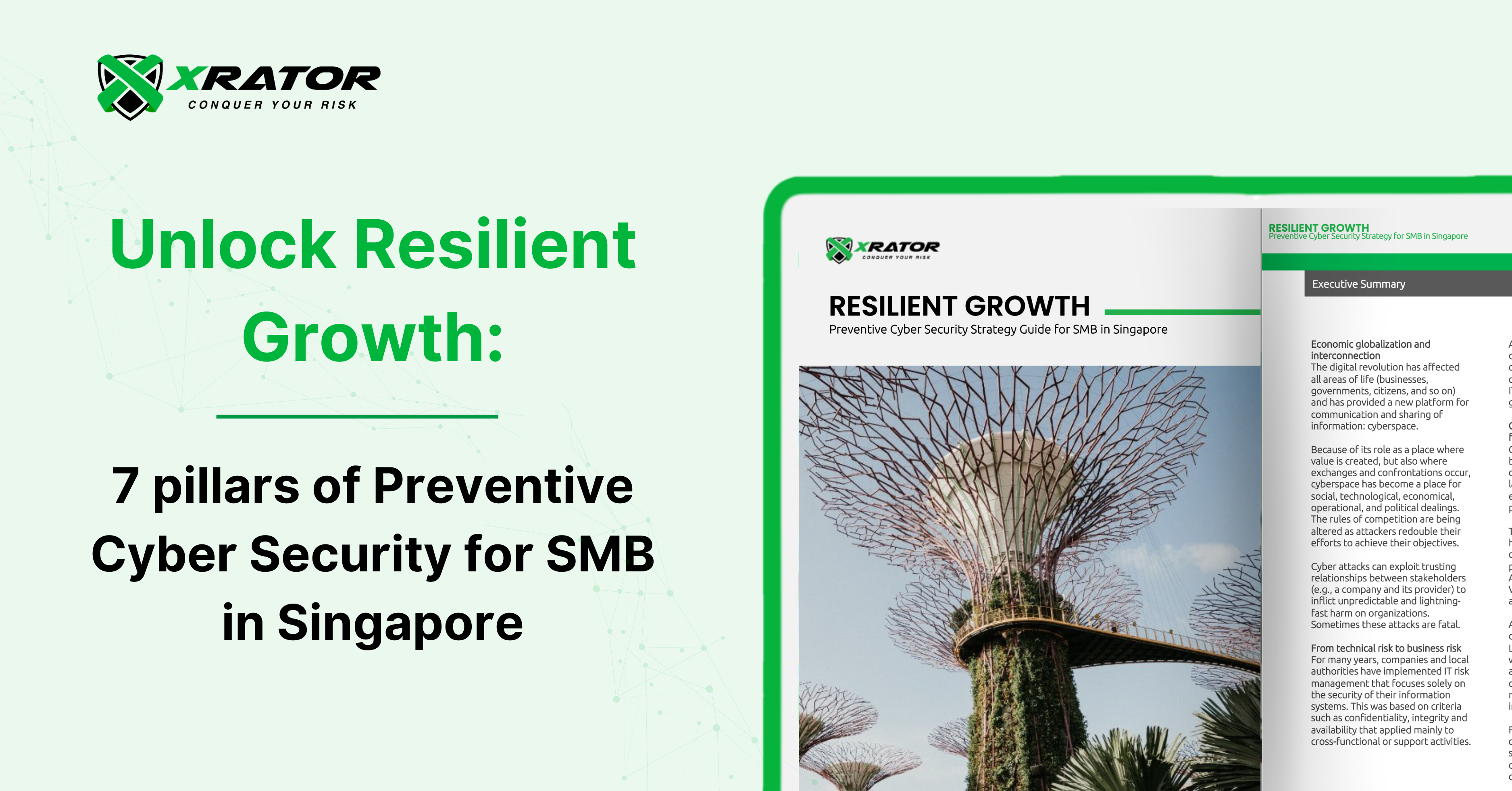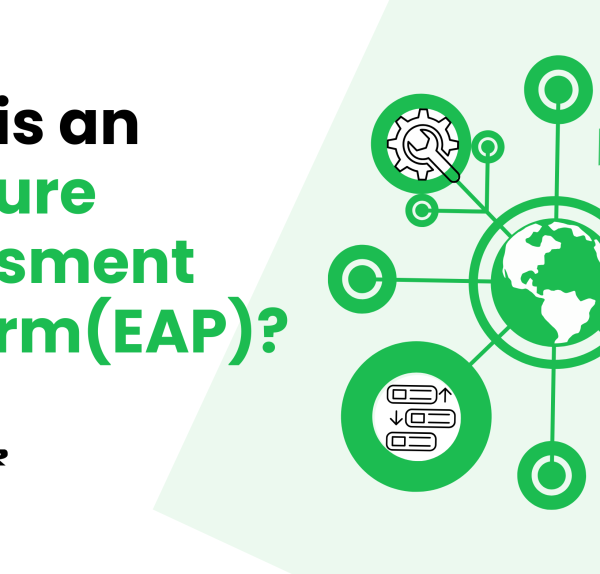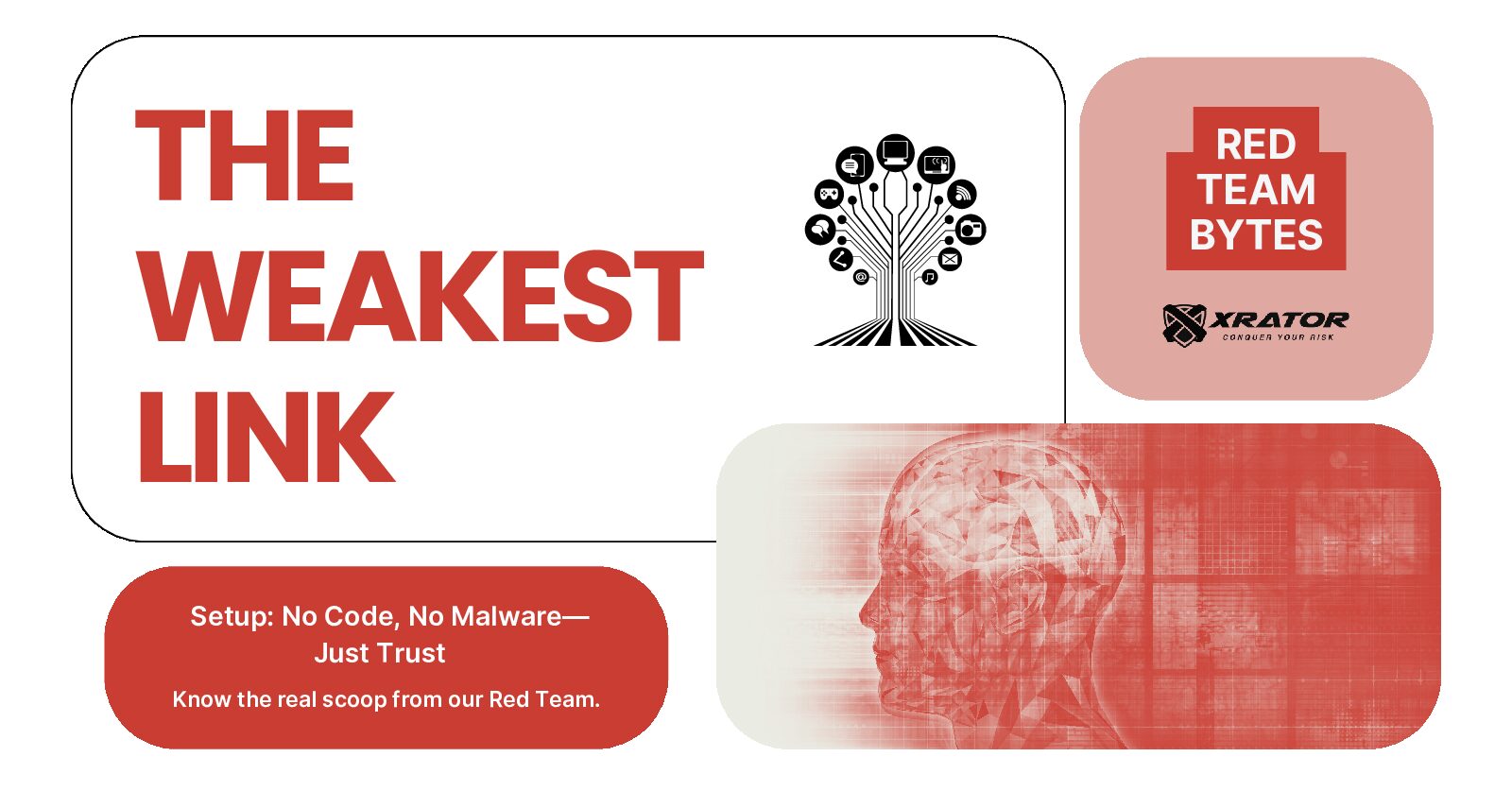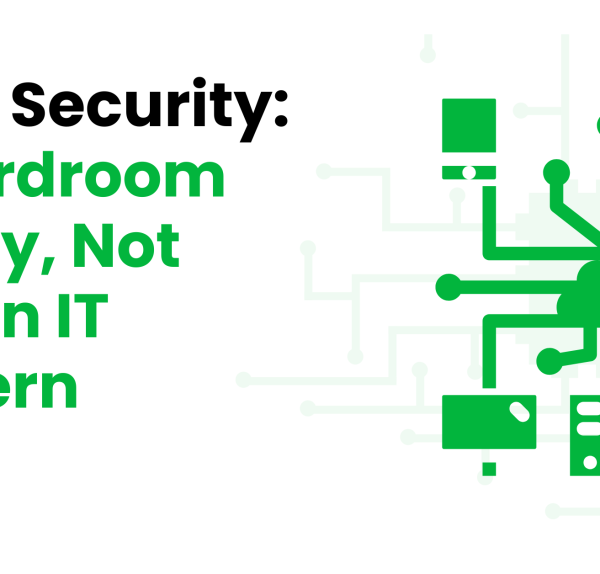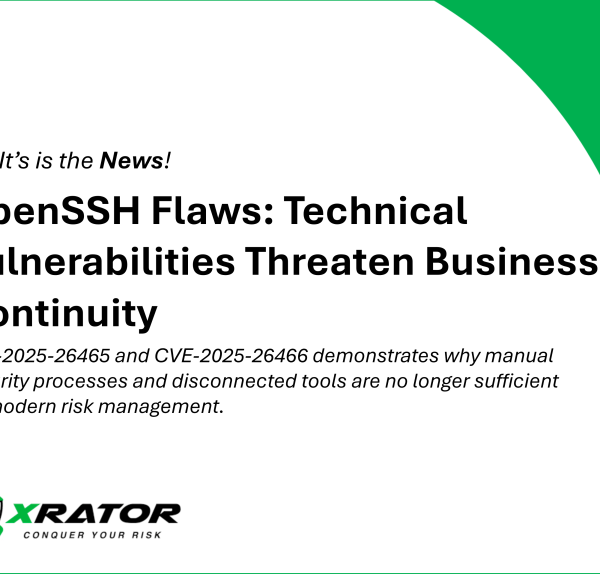Cyber Security for SMB in Singapore is a growing demands by customers and the government. Small and medium-sized businesses (SMBs) in Singapore face a paradoxical challenge: leveraging technology for growth while guarding against the ever-growing threat landscape. Cybersecurity isn’t just a buzzword or a luxury reserved for the giants; it’s a fundamental component of a successful business strategy for SMBs. Here’s why it’s necessary and how it translates into tangible business benefits.
Why Cybersecurity Matters for SMBs
Protection Against Financial Losses: Cyber attacks can be financially crippling. For SMBs, the stakes are even higher as they may not have the financial resilience of larger corporations. A single breach can lead to substantial financial losses, from immediate costs of addressing the breach to long-term impacts on customer trust and brand reputation.
Compliance and Regulatory Obligations: In Singapore, regulatory frameworks like the Personal Data Protection Act (PDPA) set standards for data protection. Non-compliance can result in hefty fines and legal repercussions. Cybersecurity measures ensure that SMBs stay on the right side of the law.
Customer Trust and Brand Loyalty: Customers expect their data to be handled securely. A business that can assure its customers of data safety wins their trust and loyalty, which is invaluable for SMBs competing in crowded markets.
Business Benefits of Cyber Security for SMB in Singapore
Competitive Advantage: In a landscape where cyber threats are common, having robust cybersecurity measures can differentiate an SMB from its competitors. It reassures customers and partners of the business’s commitment to protecting their interests.
Enhanced Operational Efficiency: Cybersecurity isn’t just about preventing losses; it’s also about ensuring that business operations run smoothly. By safeguarding against disruptions caused by cyber incidents, SMBs can maintain operational efficiency and service continuity.
Access to Global Markets: For SMBs looking to expand beyond Singapore, cybersecurity is a critical enabler. Many global markets have strict requirements for data protection and privacy. Demonstrating compliance through strong cybersecurity practices opens doors to international business opportunities.
Get Secure in seven steps
The Whitepaper provides a detailed roadmap for SMBs in Singapore to establish a preventive cyber security strategy. It covers key aspects such as planning a risk strategy, building a security baseline, setting up governance, budgeting effectively, protecting data privacy, and leveraging government funding for cyber security initiatives. By following these guidelines, SMBs can navigate the complexities of cyber security and emerge more resilient and secure in the digital era.
Get your full Whitepaper here!
Summary: Preventive Cyber Security for SMB in Singapore
1. Plan Your Risk Strategy
A crucial initial step is to establish a cyber risk strategy that reflects the organization’s business priorities. This involves setting up a Cyber Risk Committee comprising key stakeholders across the business to ensure a unified and strategic approach to managing digital risks. The committee’s role extends beyond mere oversight; it’s about integrating cyber security into the business fabric, influencing decision-making and resource allocation based on a comprehensive understanding of the digital threat environment in the APAC region.
2. Build Your Baseline
Acknowledging the human element in cyber security is paramount. Employees are often the first line of defense and, simultaneously, the weakest link. The guide advises a dual approach: enhancing the cyber resilience of the workforce through targeted training and simulations, and embedding cyber security awareness into the company culture. Initiatives like phishing simulations and regular security awareness sessions are highlighted as effective measures to instill a security-first mindset among employees.
3. Set Up the Governance
Effective governance is key to sustaining a dynamic cyber security strategy. The white paper suggests establishing a governance framework that is not static but evolves in response to new threats and business changes. This includes regular performance reviews, updates to the security policies and procedures, and the implementation of a Security Continuous Improvement Plan (SCIP) to ensure that the cyber security measures remain relevant and effective.
4. Design Your Budget
Cyber security budgeting should be flexible and strategic, not confined by rigid financial constraints. The guide stresses the importance of viewing cyber security spending as an investment in the business’s future, not just a line item expense. It encourages SMBs to prioritize spending on areas with the highest impact on reducing risk and enhancing security posture, suggesting a strategic allocation of resources that balances quick wins, infrastructure upgrades, and long-term strategic initiatives.
5. Protect Data Privacy
In today’s digital age, data privacy cannot be an afterthought. Complying with the Personal Data Protection Act (PDPA) is just the starting point. SMBs are urged to develop a comprehensive Data Protection Management Program (DPMP) that not only meets legal requirements but also aligns with best practices for data protection. This includes regular reviews and updates to policies and procedures to adapt to changes in the regulatory landscape and threat environment.
6. Get Government Funding
Recognizing the financial challenges that SMBs may face in enhancing their cyber security capabilities, the guide highlights available government funding programs that support cyber security and data protection initiatives. By tapping into resources like the Productivity Solutions Grant (PSG) and Cyber Safe Grant, SMBs can access financial support to implement necessary security measures without overburdening their budgets.
7. Your Path to Resilience
Adopting a resilience-focused approach is a vital strategy of cyber security for SMB in Singapore to survive and thrive in the face of cyber threats. This means not only preparing for potential attacks but also being able to recover quickly and efficiently. The guide advocates for a continuous cycle of preparation, action, assessment, and improvement. This includes everything from establishing a solid security baseline to conducting regular risk assessments, engaging in continuous employee training, and implementing measures to mitigate identified risks.
Why should I read this whitepaper ?
This whitepaper is an indispensable tool for any business owner interested in cyber security for SMB in Singapore looking to navigate the complex cyber security landscape. With cyber threats evolving at an unprecedented pace, the need for a proactive and comprehensive approach to safeguarding your business’s digital assets has never been more critical.
This guide cuts through the jargon, offering clear, actionable steps tailored to the unique needs and constraints of SMBs. It not only demystifies the process of developing and implementing a robust cyber security strategy but also highlights critical areas such as risk management, employee training, governance, and the importance of data privacy. Moreover, it provides insights into leveraging government funding to support your cyber security initiatives, making it a practical resource for enhancing your organization’s resilience against cyber threats.
Whether you’re looking to bolster your current defenses or build a security posture from the ground up, this whitepaper provides the knowledge and tools necessary to protect your business in today’s digital world.

